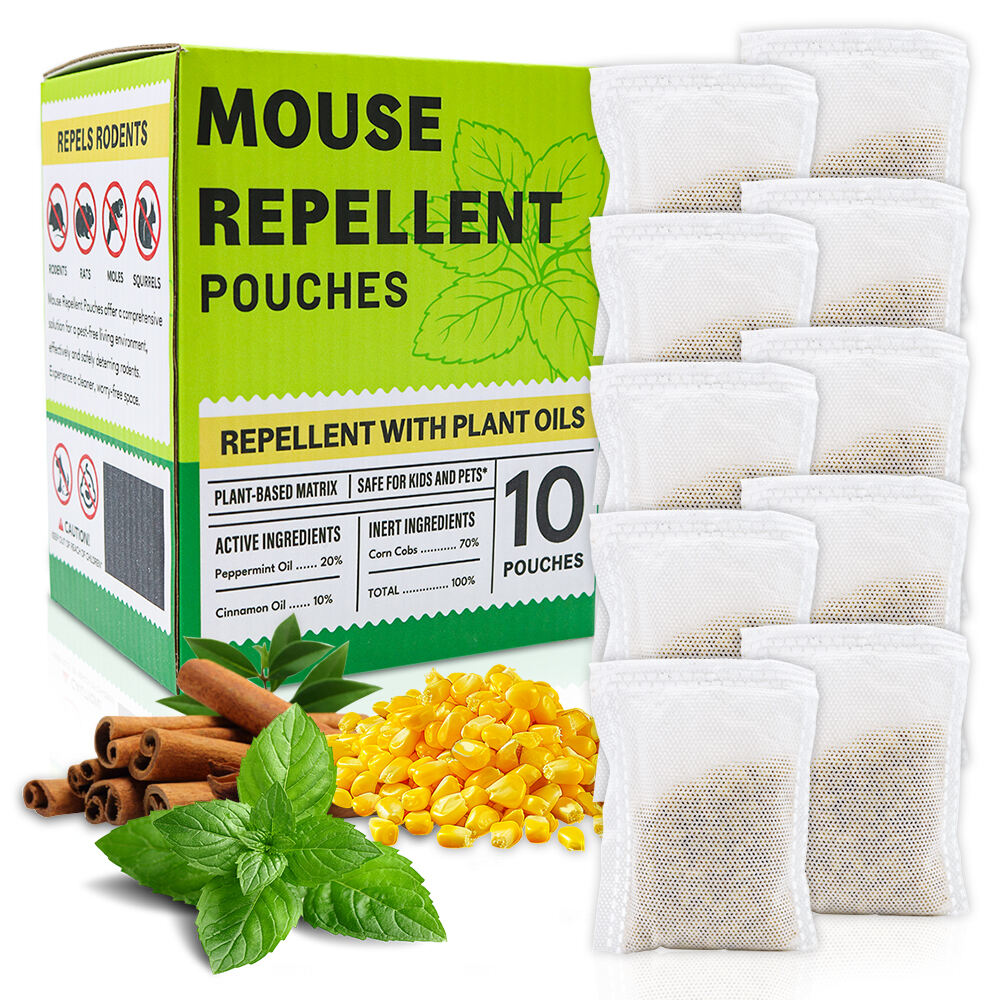No.20,Lane No.912,Haishu district,Ningbo,Zhejiang China +86-15728035170 [email protected]
No.20,Lane No.912,Haishu district,Ningbo,Zhejiang China +86-15728035170 [email protected]
The use of mothballs for chipmunks is a topic that some people consider when dealing with chipmunk - related issues. At Ningbo Glantu Electronic Industry & Trade Co., Ltd., a company specializing in natural mosquito repellent products like EVA mosquito repellent bracelets, we can analyze the concept of using mothballs for chipmunks. Mothballs typically contain chemicals such as naphthalene or paradichlorobenzene, which emit strong, pungent odors. The idea behind using mothballs for chipmunks is that these odors will be unpleasant enough to drive the chipmunks away from areas where they are not wanted, such as gardens, flower beds, or near the foundation of a house. However, there are several important factors to consider when it comes to using mothballs for chipmunks. Firstly, the chemicals in mothballs are toxic. They can pose a significant health risk to humans, especially children and pregnant women, if inhaled or ingested. Pets are also at risk of poisoning if they come into contact with mothballs. The fumes from mothballs can cause symptoms such as headaches, dizziness, nausea, and respiratory problems. Secondly, the effectiveness of mothballs in repelling chipmunks is not well - established. Chipmunks are small and agile creatures, and while they may be initially deterred by the strong smell of mothballs, they can quickly adapt and learn to tolerate it. This means that mothballs may not provide a long - term solution to chipmunk problems. In contrast, our company emphasizes the use of 100% natural essential oils in our products. Essential oils like citronella, geranium, and peppermint have strong scents that chipmunks may dislike. A more natural and safer approach to dealing with chipmunks could involve using these essential oils. You can create a homemade chipmunk repellent by diluting the essential oils with water and spraying it in areas where chipmunks are active. Another option is to soak cotton balls in the essential oils and place them strategically around your garden or near the areas where chipmunks are causing problems. In addition to using repellents, it's important to take preventive measures to control chipmunk populations. This may include sealing off any entry points to your home or garden, such as gaps in fences or walls, and removing potential food sources like bird feeders that may attract chipmunks. In conclusion, while mothballs have been considered for repelling chipmunks, their toxicity and questionable effectiveness make them a less - than - ideal choice. Exploring natural alternatives, such as essential oil - based repellents, and implementing preventive measures can offer a safer and more sustainable way to deal with chipmunk - related issues.




Copyright © 2025 by Ningbo Glantu Electronic Industry And Trade Co., Ltd. - Privacy policy